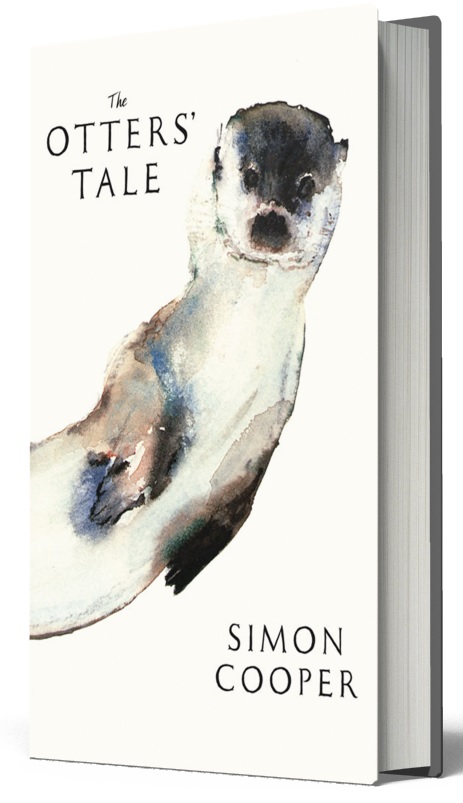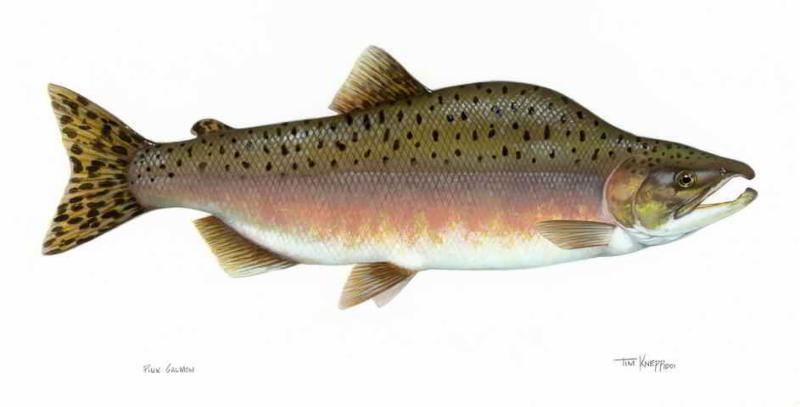In music it
is often said that the second album is the hardest; likewise the second book. I
can't say I found this to be true. But my first film script? Well, that is a
whole different story.
 Now by my way of thinking a
book is easy. You pitch the idea. A kind publisher shows some interest. You
work it up into synopsis. In my case about two sides of A4 with thirty or forty
words for each chapter heading. The contract is signed. You are given a
word count and deadline. And that is it. Over to you. For nine months nobody
takes a blind bit of interest in your scribbling. The occasional email might
appear checking you are still alive (the first clue is that you have cashed the
advance cheque) but that is about it. The only boundaries are your imagination.
The structure, the story, the beginning, middle and end are all of your
choosing. Essentially you can do what you like. Of course the whole literary
edifice may well coming crashing down upon your head when the manuscript is
submitted for the red pen of the editor but you are a least given that freedom
to roam. However a film script is a whole different beast.
Now by my way of thinking a
book is easy. You pitch the idea. A kind publisher shows some interest. You
work it up into synopsis. In my case about two sides of A4 with thirty or forty
words for each chapter heading. The contract is signed. You are given a
word count and deadline. And that is it. Over to you. For nine months nobody
takes a blind bit of interest in your scribbling. The occasional email might
appear checking you are still alive (the first clue is that you have cashed the
advance cheque) but that is about it. The only boundaries are your imagination.
The structure, the story, the beginning, middle and end are all of your
choosing. Essentially you can do what you like. Of course the whole literary
edifice may well coming crashing down upon your head when the manuscript is
submitted for the red pen of the editor but you are a least given that freedom
to roam. However a film script is a whole different beast.
As you
will have gathered I have never attempted a film script before. Like all good
novices I turned to Google for help. Frankly don't bother. If anyone has
written the definitive 'how to' guide it is defiantly refusing to give itself
up to the algorithms refined by the finest programmers of Palo Alto. I
did glean that for most scripts one A4 page generally equals one minute of
screen action. So, CHALK is eighty minutes long, my books are 80,000 words, so
maybe I can make some equivalence of this? No. Film words have a whole
different purpose to book words. I don't need to describe the scene. Word
pictures are replaced by real pictures. As the song goes, a picture paints a
thousand words.
 You might think that the
visions of the others involved in the project - filmmakers, editors, producers,
directors and so on would make it hard but strangely, at least for me, that is
not so. Of course people have conflicting views, but really that doesn't bother
me. In fact compared to the solitude of book writing it is a blessing. Working
with really creative people is a joy. Building something great from just the
tools inside our collective brains is a buzz hard to beat.
You might think that the
visions of the others involved in the project - filmmakers, editors, producers,
directors and so on would make it hard but strangely, at least for me, that is
not so. Of course people have conflicting views, but really that doesn't bother
me. In fact compared to the solitude of book writing it is a blessing. Working
with really creative people is a joy. Building something great from just the
tools inside our collective brains is a buzz hard to beat.
So what is so
difficult? Well, strangely when I set out to write this piece I didn't know but
now I do. I have to give myself up to the amazing footage filmmakers Leo and
Chris have shot. My job is to fill the gaps. Provide the links as we move from one
scene to the next. You the filmgoer doesn't need great literature from me but
rather the thread to the story of the movie. The narration should be
subservient to everything you see before your eyes, the gentle guiding hand
that outstretches whenever needed. You will hear the words but you will not
have to listen for them.
There is no
reason why you should be relieved - you probably never knew there was a problem
but take some comfort that I am relieved. The writer's block, such as it was,
has gone. The words written thus far will be left to slumber forever in some
virtual cloud. All I need do now is to start again ......
A NEW ARRIVAL
The arrival of the Pacific
Pink salmon to our shores hit the headlines last week. I must admit my first
thought that is pretty amazing; after all the north-east coast of England and
Scotland is one hell of a way from the northern Pacific.
 |
|
Russian White Sea
|
As it turns out
the truth is less spectacular and evidence, if any was needed, that fiddling
with nature has consequences.
Apparently for
half a century, starting from the 1950's, these salmon were introduced into the
White Sea, north of Russia in an attempt to create a self-sustaining population.
It seems they have succeeded with the fish now in Russian, Finnish and
Norwegian rivers.
The Pink or
Humpback salmon has a short life of just two years, dying after spawning like
the other Pacific salmon species. We are seeing them at this time of year
because they arrive in the lower reaches of rivers in July and August to spawn.
The Environment Agency update suggests that there is no imminent danger to the
Atlantic salmon or sea trout population. The Pacific salmon eggs hatch in late
spring with the juveniles quickly smolting heading to sea without ever feeding
in freshwater.
 Are the Environment Agency
right to be so relaxed? Other than the fact there is probably very little they
can do even if the fish are a threat, I suspect we'll be fine. The British
Isles has a long tradition of taking in new fish species without too many
ill-effects - in fact the list is surprisingly long. I couldn't find a
definitive tally but from my researches at least twenty-three species commonly
found in lakes and rivers are not UK natives.
Are the Environment Agency
right to be so relaxed? Other than the fact there is probably very little they
can do even if the fish are a threat, I suspect we'll be fine. The British
Isles has a long tradition of taking in new fish species without too many
ill-effects - in fact the list is surprisingly long. I couldn't find a
definitive tally but from my researches at least twenty-three species commonly
found in lakes and rivers are not UK natives.
Now some have
been here so long as to be regarded as now 'naturalised' - Common and Crucian
carp, Goldfish and Rainbow trout all falling under that heading. Some of those
have been here a mighty long time; Common carp were probably introduced by
monks in the 16th century and Rainbow trout first arrived in the 19th
century.
Of the others
that are classified as non-natives I have to admit some I had always assumed
were natives and others I hadn't heard of, let alone caught. This is the
list I compiled: Bighead carp, Bitterling, Black bullhead, Bluegill,
Brook trout, Channel catfish, Fathead minnow, Grass carp, Landlocked salmon,
Orfe, Pacific Humpback salmon, Pumpkinseed, Silver carp, Sturgeon, Sterlet,
Sunbleak, Topmouth gudgeon, Walleye, Wells catfish and Zander.
Updates of any
omissions gratefully received.

Natives
of the White Sea
YOU ARE
INVITED

Come the
autumn I will be on the road with a book tour for The Otters' Tale which I am
delighted to kick off in Nether Wallop for a whole variety of reasons.
Firstly, and most obviously,
it is where the book is set - the talk takes place just a few yards from
Kuschta's family home. Also it is a fund raising drive to save not only our
village pub (we are trying to buy it) but also to conserve the wall paintings
in our Norman church. The paintings, that have survived a thousand years
on the fragile chalk and limewashed walls, do not do well with modern heating.
So, rather than turn it off and let the parishioners freeze to death a solution
is at hand - all it takes is money!
Do join us if you can. I'll
probably make a few sidetracks into chalkstream territory and you will be
greeted with some good wine to mellow the mood.
Thursday September 28th at
Nether Wallop Village Hall. 7.30pm. £10/ticket with all proceeds to St. Andrews
Church and Save the Five Bells Fund. Includes a glass of wine. Buy on-line
or call Diane 01264 781988.
QUIZ
You
might have seen this coming. Identify four on the non-native species mentioned
above; one is naturalised. It is just for fun and the answers are at
the bottom of the page.



Have a good weekend.
Best wishes,
Simon Cooper simon@fishingbreaks.co.uk
Founder & Managing Director
Quiz answers:
Top to bottom: Bluegill, Pacific Humpback salmon, Crucian carp and Zander



 The 'headline' if you like is that the past twelve months have been the driest since 1992 across the southern chalkstream region and in localised parts since 1976. By most metrics you'd think we should have all packed up and gone home, but the latest data from the Environment Agency shows nearly all the chalkstreams with Normal flow rates, a smattering (mostly in the north-east) Above Normal though both the Kennet in Berkshire and the Coln in Gloucestershire are classified as Below Normal and Exceptionally Low respectively.
The 'headline' if you like is that the past twelve months have been the driest since 1992 across the southern chalkstream region and in localised parts since 1976. By most metrics you'd think we should have all packed up and gone home, but the latest data from the Environment Agency shows nearly all the chalkstreams with Normal flow rates, a smattering (mostly in the north-east) Above Normal though both the Kennet in Berkshire and the Coln in Gloucestershire are classified as Below Normal and Exceptionally Low respectively. Here are some of the other species ZSL have highlighted as making a comeback:
Here are some of the other species ZSL have highlighted as making a comeback:



